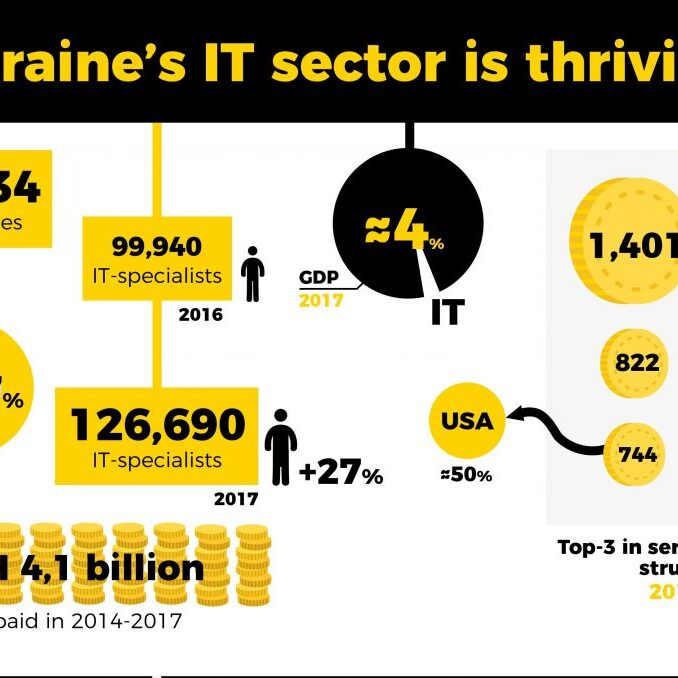Why you should care and what you can do about it
My colleague Nick Bacon, recently shared his insights on current hiring trends, and one trend is that hiring is on the rise! As we all vie for top talent to meet our increasing demand, I thought it might be helpful to discuss what job seekers actually want and what you can do it about it.
Flexibility
Libranet latest IT Recruitment and Retention Report – the 24th edition in this series – highlights the importance of offering flexibility as a recruitment attraction and retention strategy. Of the 400 employers we surveyed nationally, working from home and offering flexible hours were the two most effective strategies used by organisations. This means it will be important to ensure your workplace offers genuine flexibility to compete for talent as this benefit is fast becoming the norm.
Employers Who Care
Job seekers want to work for employers who can demonstrate they are good corporate citizens. According to an employee engagement survey, 51% of respondents wouldn’t work for a company that doesn’t have strong social and environmental commitments. This may include eco-friendly work practices, partnering with suppliers who have good CSR practices, and providing opportunities for your staff to volunteer in the community. Whatever suits your organisation, it is important to have a solid Corporate Social Responsibility (CSR) program in place.
Additionally, it’s reported that 70% of job seekers value an organisation’s commitment to diversity when considering prospective employers. I believe this commitment starts with an inclusive recruitment process that is free from unconscious bias. That requires being aware of our own biases, however confronting that may be! I invite you and your hiring teams to complete the Harvard Implicit Association Test, which tests for unconscious bias. With that awareness, you can build an objective recruitment process that may include: gender-neutral language in job ads, reviewing applications with names removed, behavioural-based interviewing, utilising psychometric assessments and case studies, or other task-based activities when determining suitability.
Fair Pay
It has been suggested that the perception of being paid fairly is more important for engagement and job satisfaction than higher pay. With 20 years of recruitment experience, I have worked with thousands of job seekers and cannot stress how important it is to be upfront and transparent about pay. Failure to do so may mean stressful negotiations when you should be celebrating a new hire or worse – a last-minute dropout. Being open doesn’t mean sharing what everyone is being paid, rather it is about sharing the process to determine the salary, including market research or industry benchmarks used. This works best when that transparency is shared at the start of the process and reconfirmed at the offer stage. I’ve even seen it included in offer letters!
Insights into what it’s really like
Job seekers are really interested in understanding what it is like to work for your company. Specifically, they want to know about the company culture, what will the role be like, and the working style of you and your team. Job seekers will visit your website and read company reviews on sites such as Glassdoor. However, you can provide them with a richer experience through:











